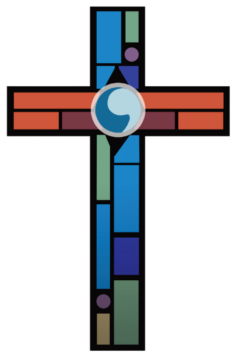As I was sitting down to think about this sermon, the words that came to me were,
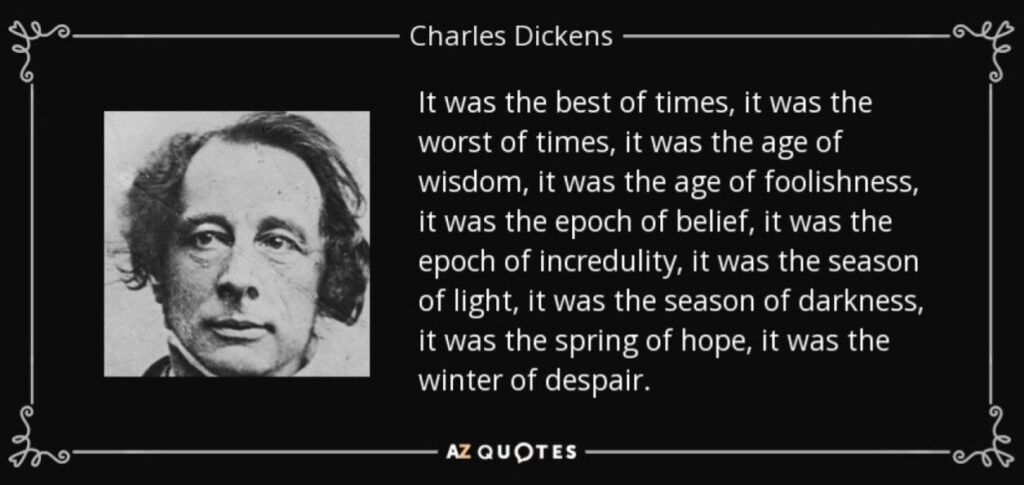
“It was the best of times. It was the worst of times. It was the age of wisdom. It was the age of foolishness. It was the epic of belief. It was the epic of incredulity. It was the season of light. It was the season of darkness. It was the spring of hope. It was the winter of despair.” Charles Dickens
Charles Dickens opening line to the tale of two cities. There’s a truth that is in that that, for most of us, we can find ourselves somewhere in there. When I read the whole piece, it reminded me of the words of Ecclesiastes chapter 3, there is a time for every season under heaven.
I invite you today To think about where you are, what kind of season are you in? Are you in a season of hope? The spring of hope? Are you in the winter of despair? Are you in the best of times? Are you in the worst of times? How is it with your soul?
We just sang “It is well with my soul”, but how is it with your soul? Where are you right now?
As I was was thinking about this scripture and just reflecting on my life, I had a realization this past week that I am my own worst enemy. I am so good at looking at a situation, thinking about how something was going to go and figuring out how it can go wrong in all so many ways and how I’m going to either disappoint myself or someone else.
My brain is so good at creating all of those stories for me that I sometimes fail to act. But what I have found recently is if I can take those stories and set them to the side and choose to move forward anyway. What happened was beyond what I ever imagined. It was better than any of the best scenarios I could have considered because it probably wasn’t my idea to begin with. It was probably that little nudging from the spirit in my brain saying this is what you need to do. But I’m good at figuring out reasons I shouldn’t.
I share that with you because in our gospel reading for today, I think the disciples should be our heroes.
That’s not usually the way we depict the disciples. But the disciples in all of the gospel writings showed us our true humanity and all of the ways we can muck things up.
They did it in the presence of Jesus. So, if they were forgiven, surely we are forgiven. That’s my logic for it. So let’s look at this scene that I just read about from the gospel of Mark.
This is the fourth chapter in Mark, just to set the scene. Remember, mark does not have a birth narrative. Mark’s gospel doesn’t start until Jesus is baptized. It starts with the baptism and goes right into Mark’s ministry. It’s the baptism, it’s the time in the wilderness, he calls his disciples and he gets moving. That’s the thing about Mark’s gospel, Jesus is on the move.
One could even say that he knew he had a short amount of time to get his work done and he was going to be about it. His job was to reach as many people as possible who had been turned away from the faith, who had a different experience, had a different understanding, or let’s be honest, were outright told by the religious people, that they were not welcome within the community of believers.
After that, Jesus was out teaching and healing. In fact, the rest of chapter four is all parables.
Until we hit Mark 4:35-41 and I even sat with it, is this a parable? Is there a parable within this story too? And I think there is.
So I’m going to let you sit with that till I get there. See if you can figure out the parable in this story. Or what I think might be a parable.
But during the night, and that’s a clue. That’s like saying if you were reading a novel that the hero or the main character was going into the deep woods at night. What do you think is going to happen? Something bad. Because that’s what happens in dark places. It gets scary in the middle of the night. When you go out on the water in the middle of the night and it’s dark, you can expect that something is going to happen.
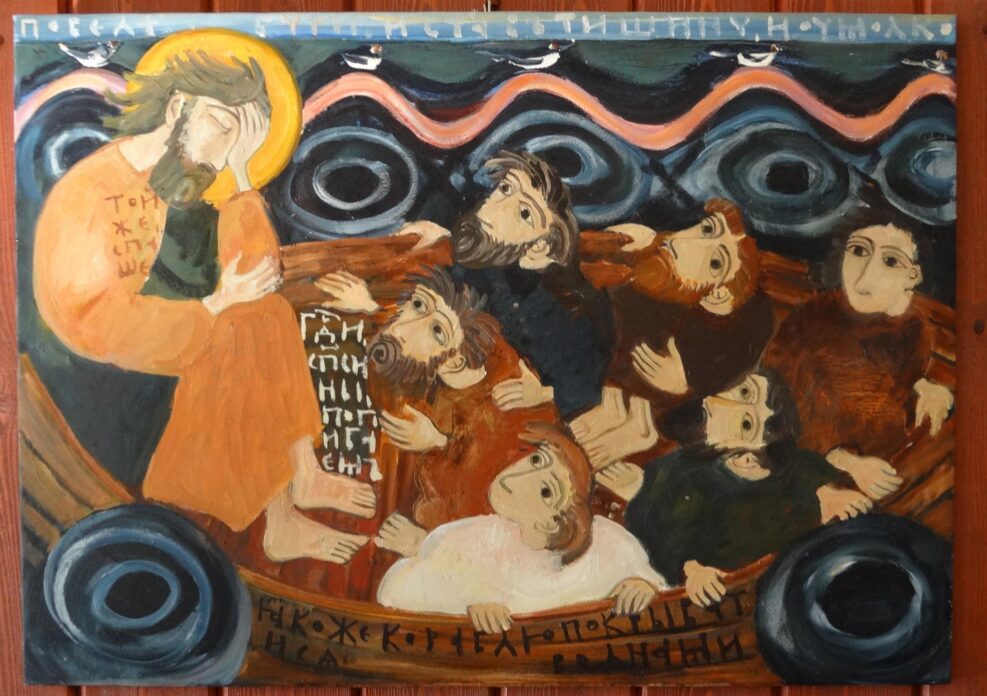
So they go out, but Jesus is like, no, we have to get to the other side of the Sea of Galilee. So, they go and they meet this storm, not unexpected. But in the middle of this storm that comes up, Jesus is asleep.
Here’s where I even thought this morning, even the way I perceived this, when I read this and whether it was just my own reading or whether I was taught to read it this way by anybody else, the disciples sound like they’re helpless when they wake Jesus up. to me. My first reading was, well, the disciples are being helpless and asking, don’t you care? You’ve got to help us.
Well, maybe they weren’t completely helpless because they were fishermen. They’ve been on boats before. They have handled rough seas before. They know how to maneuver a boat in the middle of the storm. When the waves get big. Right? There’s a way to do that. They would have known how to do that.
So maybe they’re not being really helpless and asking what do we do? But more of a, Hey, you know, wake up. We’ve been bailing here for an hour and you’re sitting there sleeping. Come on, we need help here. We can’t tell which version may be closer to what Mark intended.
Let’s also remember that this story is in all three of the synoptic Gospels. So we read them all. So they kind of become one story, even though they’re not. But anyway, they wake Jesus up. They want his help. And he does it, he stops the storm. But that must not have been what they expected him to do because they are frightened.
This version said fear. Some versions say awe, and they think it’s more, “Oh my gosh”, because then they say, Who is this?
Now, they’ve watched this man heal all kinds of people, and he has even given them the power to cast out demons. But, now they’re surprised because he can still the storm.
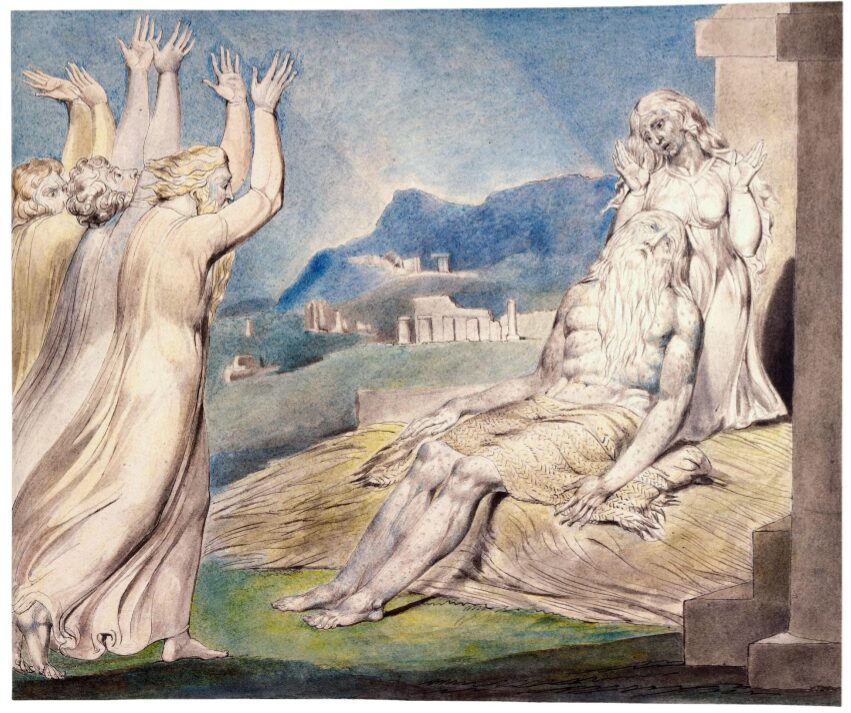
It’s hard to tell exactly what’s going on in all of them. But what caught me when I put Job 38:1-11 as our reading, was that he was faithful to God and he lost everything. He loses his family, his business, his reputation. He becomes an outcast. Nobody wants to be near Job. I think he even ends up with skin conditions. Job’s got everything going wrong. And most of Job’s is his friends telling him it’s his fault. He’s done something wrong to make God mad, and him saying, but I didn’t.
Finally, Job goes to God and essentially says the question that is always on our lips when life goes wrong. He says, why me, God?
I hear that so often when, when life comes at us hard and fast, we too say, but why me? What we heard today was God’s response. Where were you when I laid the cornerstone? Where were you when I founded the earth?
What struck me in both of these situations was we have humans asking the divine a question, sort of like, you know, where are you God? Are you going to wake up and help us? Are you going to allow us to perish? Or why is this happening to me, God?
In both cases, the divine answers with a question, not an answer. I mean, you could say the stilling of the storms was an answer, but they come back with a question. Jesus says, are you still afraid? Do you still not trust? Do you not have enough faith? The actual words were, why are you afraid? Have you still no faith? According to this version.
Because at the end of the day, this all boils down to how much do we trust God? How much do we trust the mystery that is the three in one Father, Son and Holy Spirit? How much do we trust them to be there? And this is big, Right? This is really big. But I wonder if it is that we don’t trust that they are there because they all ask questions.
But we don’t want them to just be there, we want them to fix it and we want them to fix it the way we want it to be fixed. That’s where the rub comes because we don’t get what we want. There’s some of you in here that are going to know this line because you don’t always get what you want, but you always get what you need. God will be there. But that doesn’t mean it’s going to be easy. That’s where I think the story from the gospel is a parable. Because the storms of life do come at us and we may feel like we are drowning. But God is with us. We will not perish, or maybe we will physically perish. But if we physically perish, we will be united with our God.
All will be well.
I want to leave you with the words of Julian of Norwich. Her wisdom says this.
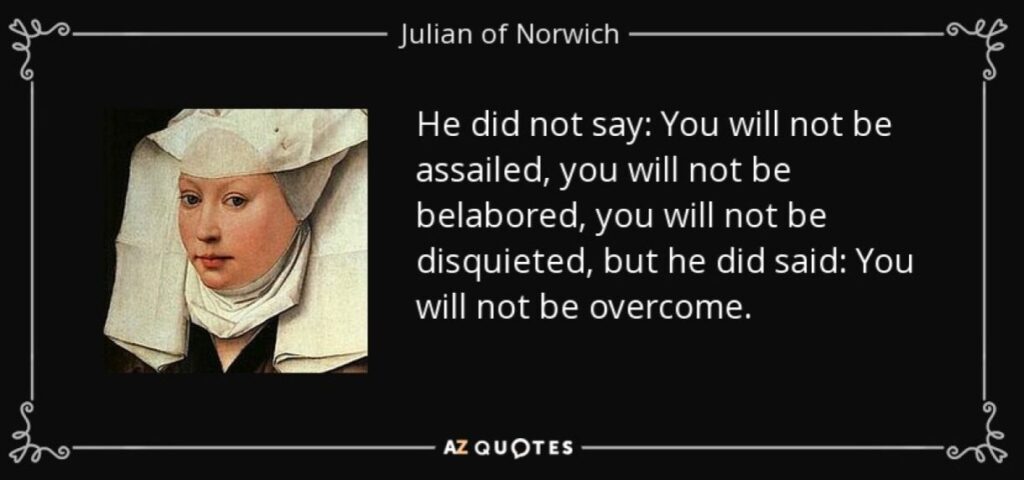
“God did not say you will not be assailed. You will not be belabored. You will not be disquieted. But he said, you will not be overcome.” – Julian of Norwich
There’s a little bit more to this quote. God wants us to pay attention to God’s words. Always to be strong in our certainty in well being. For God loves us and delights in us. God wishes that we would love God and delight in God and trust greatly in God and all will be well.
